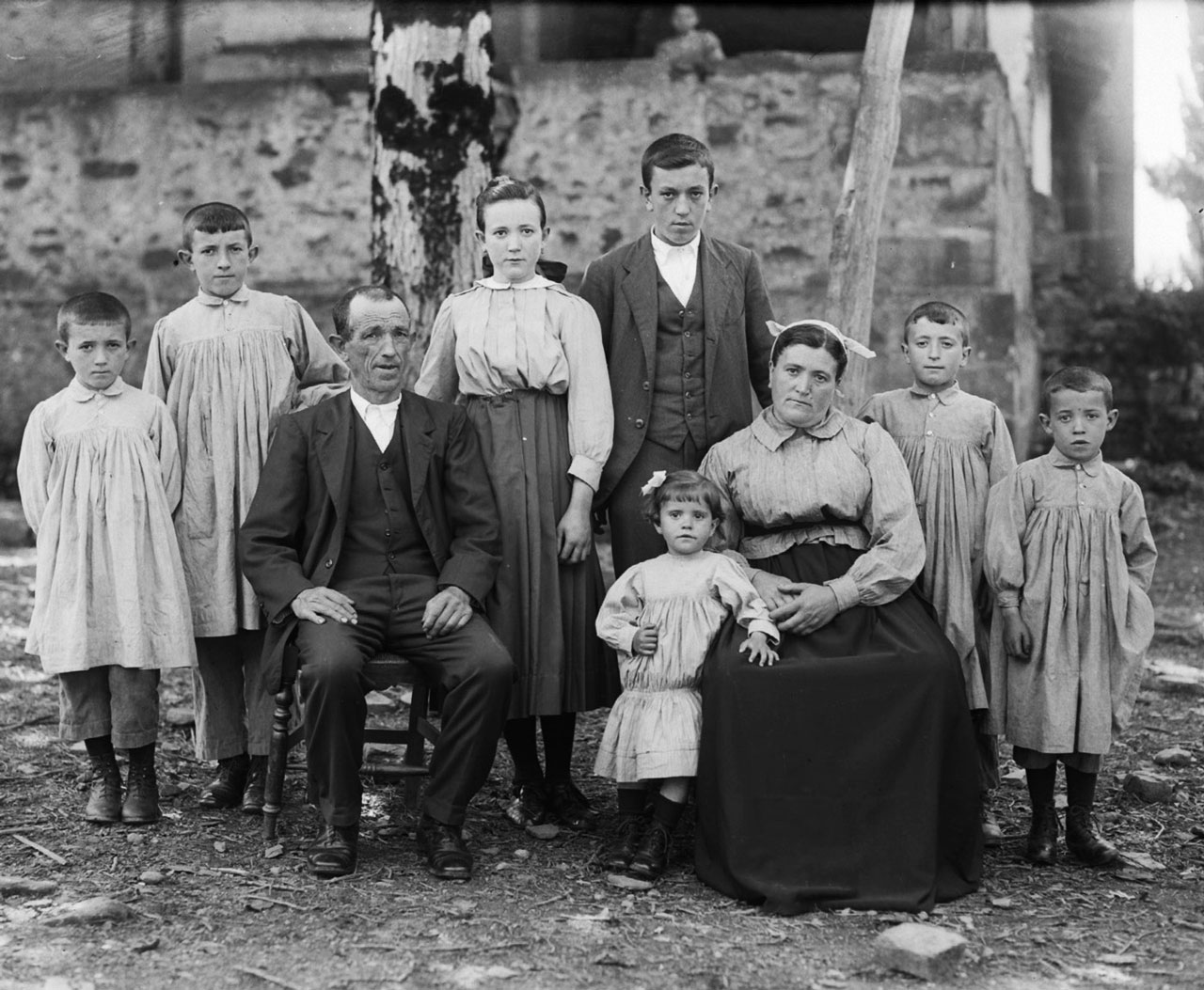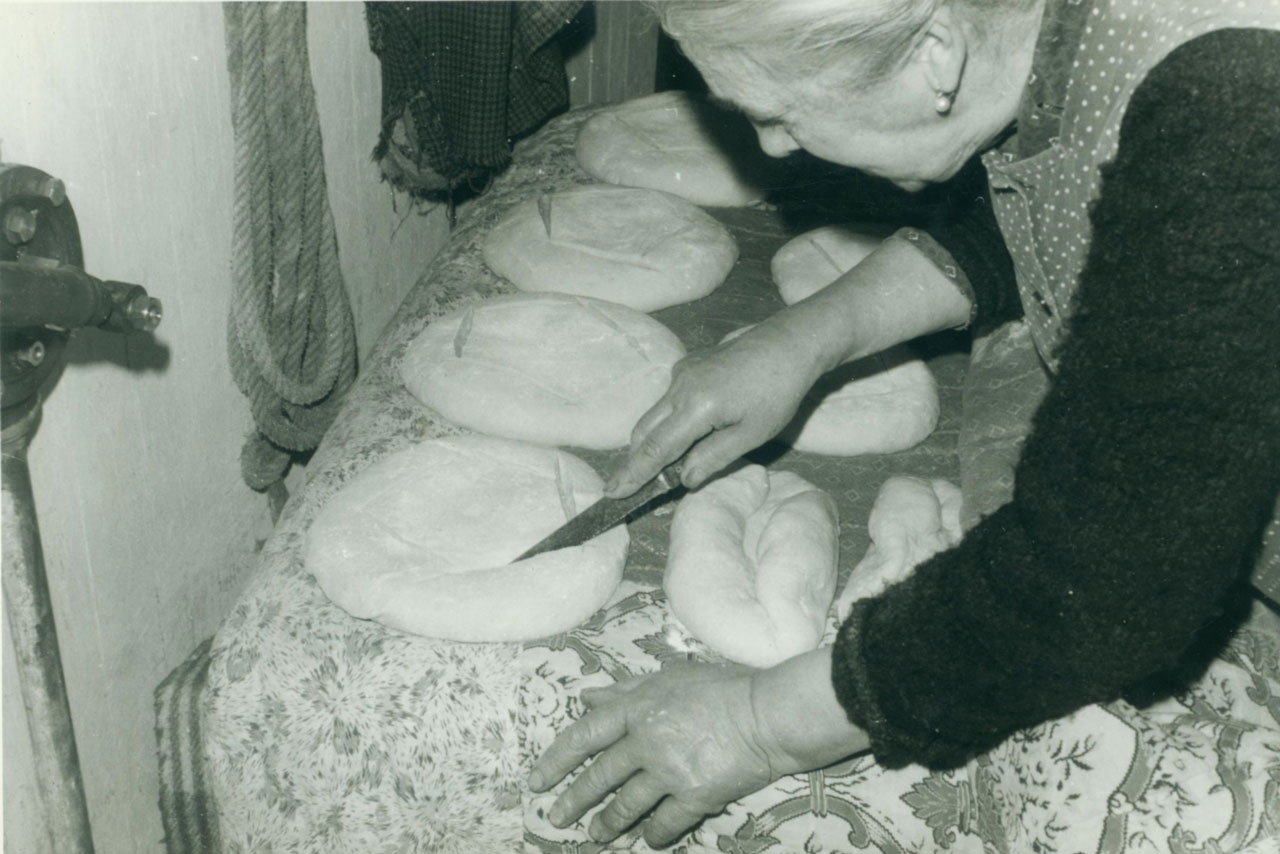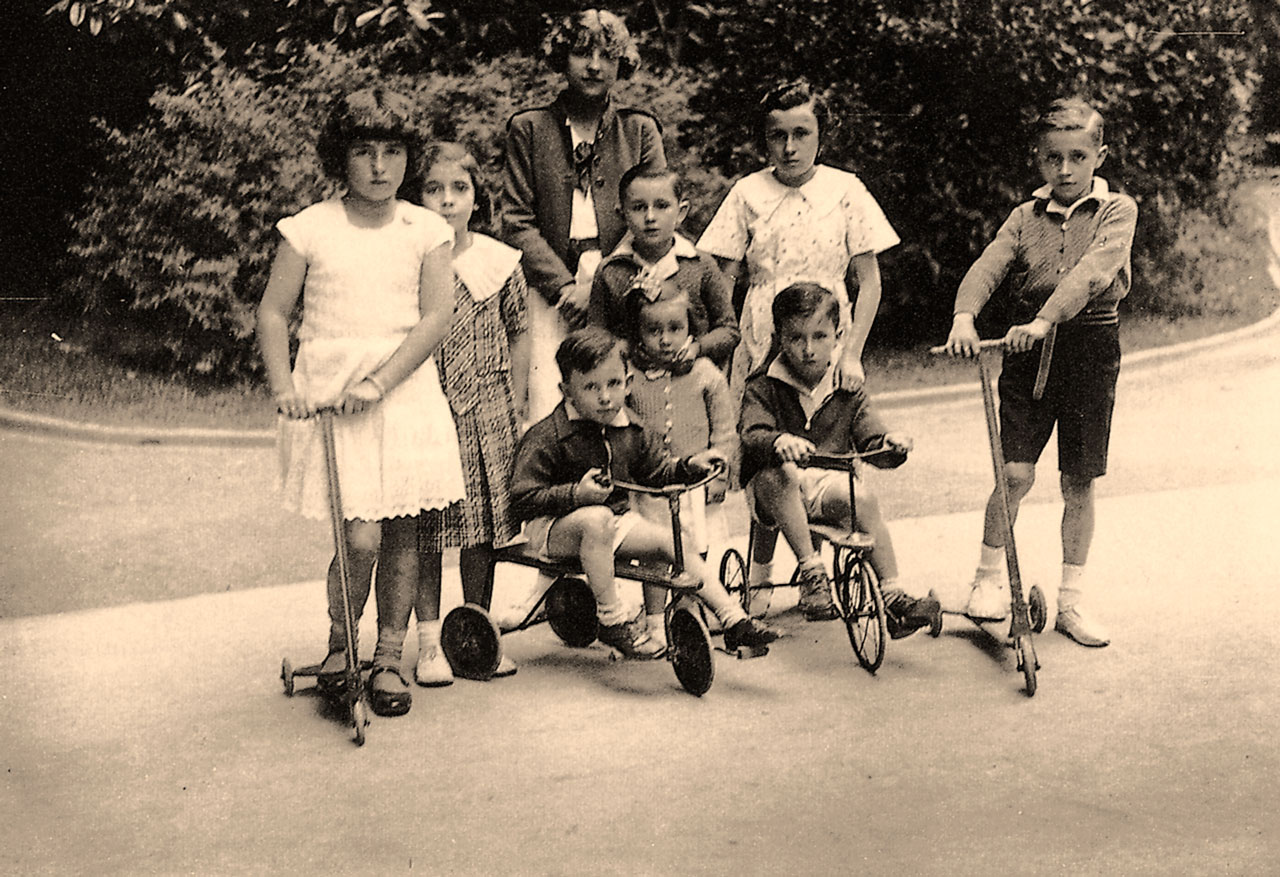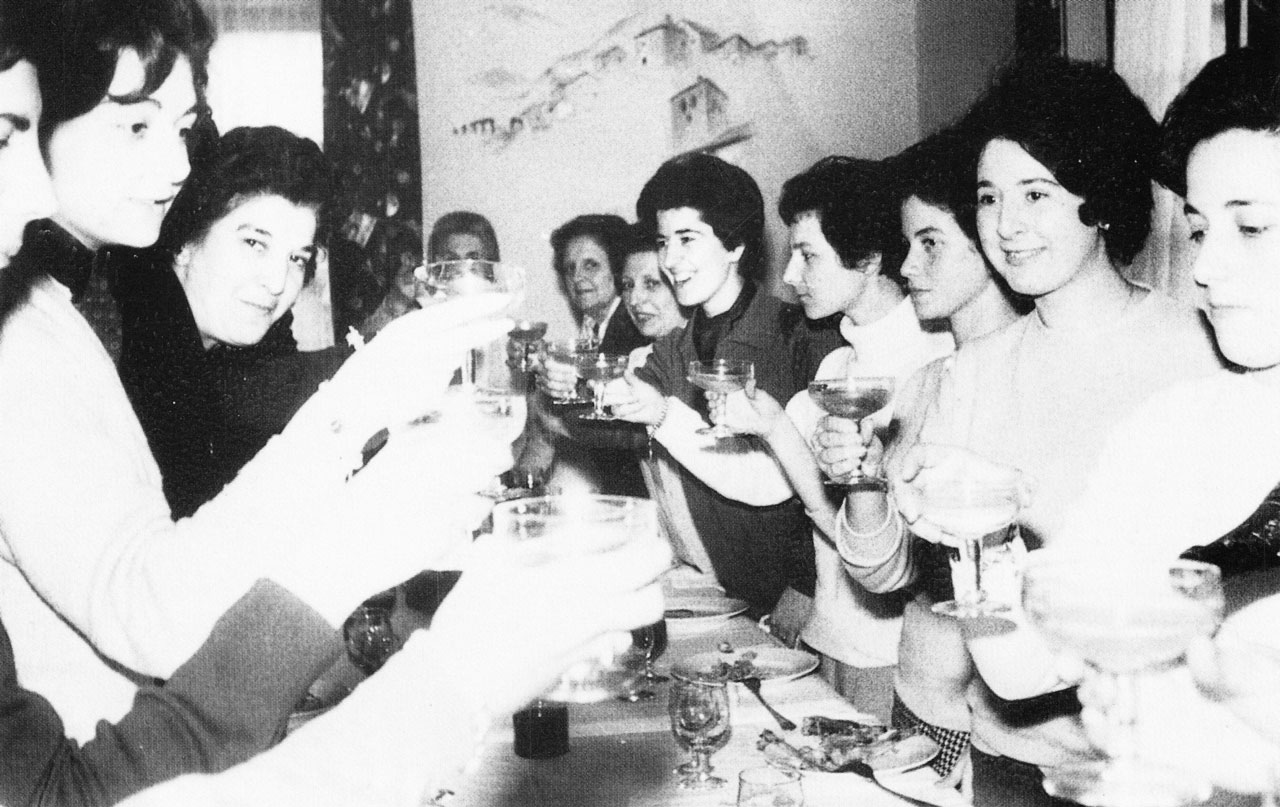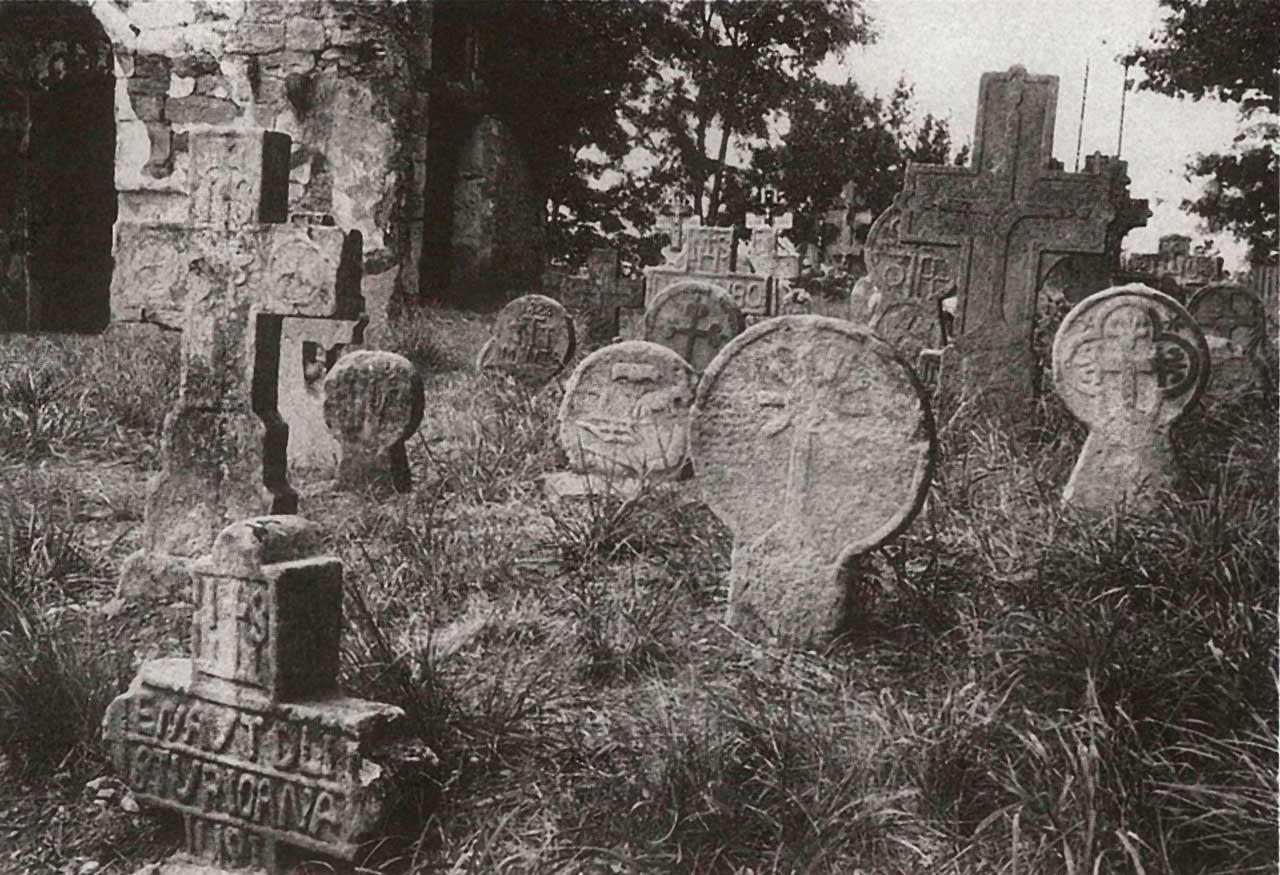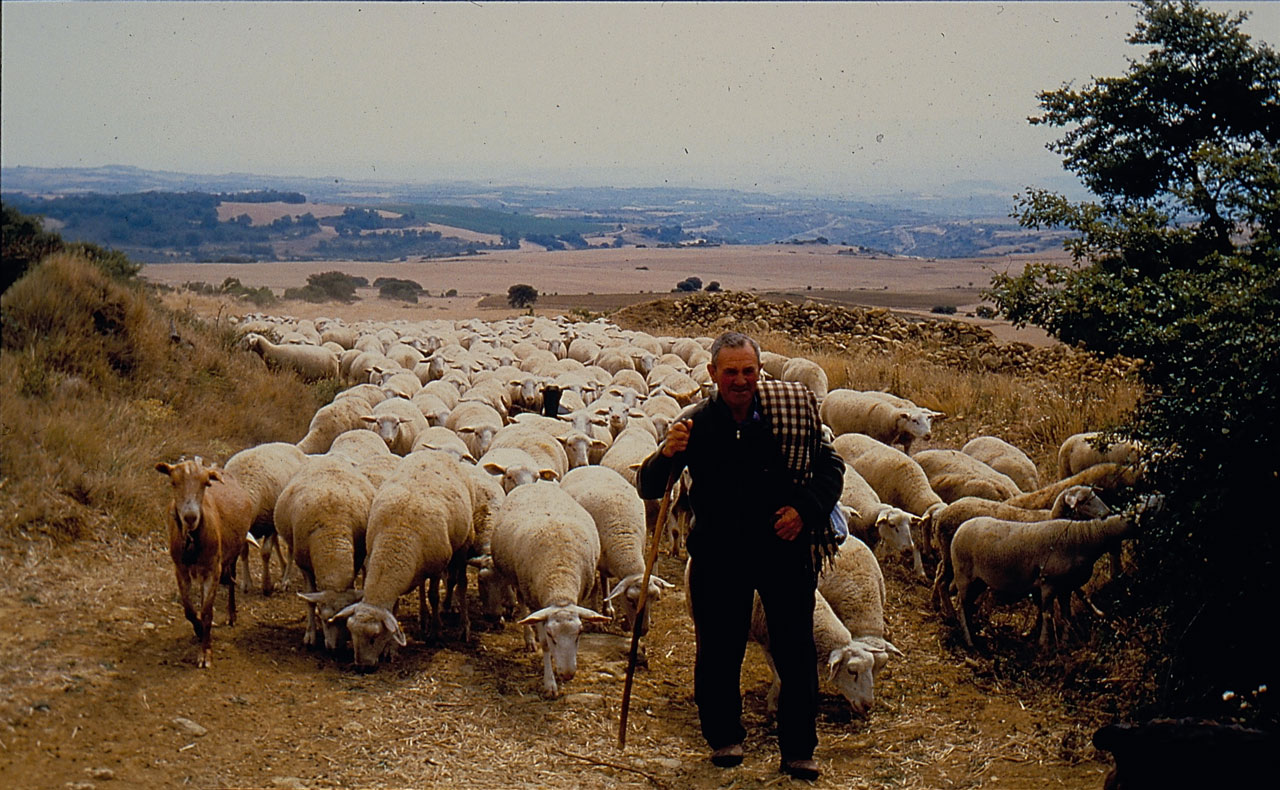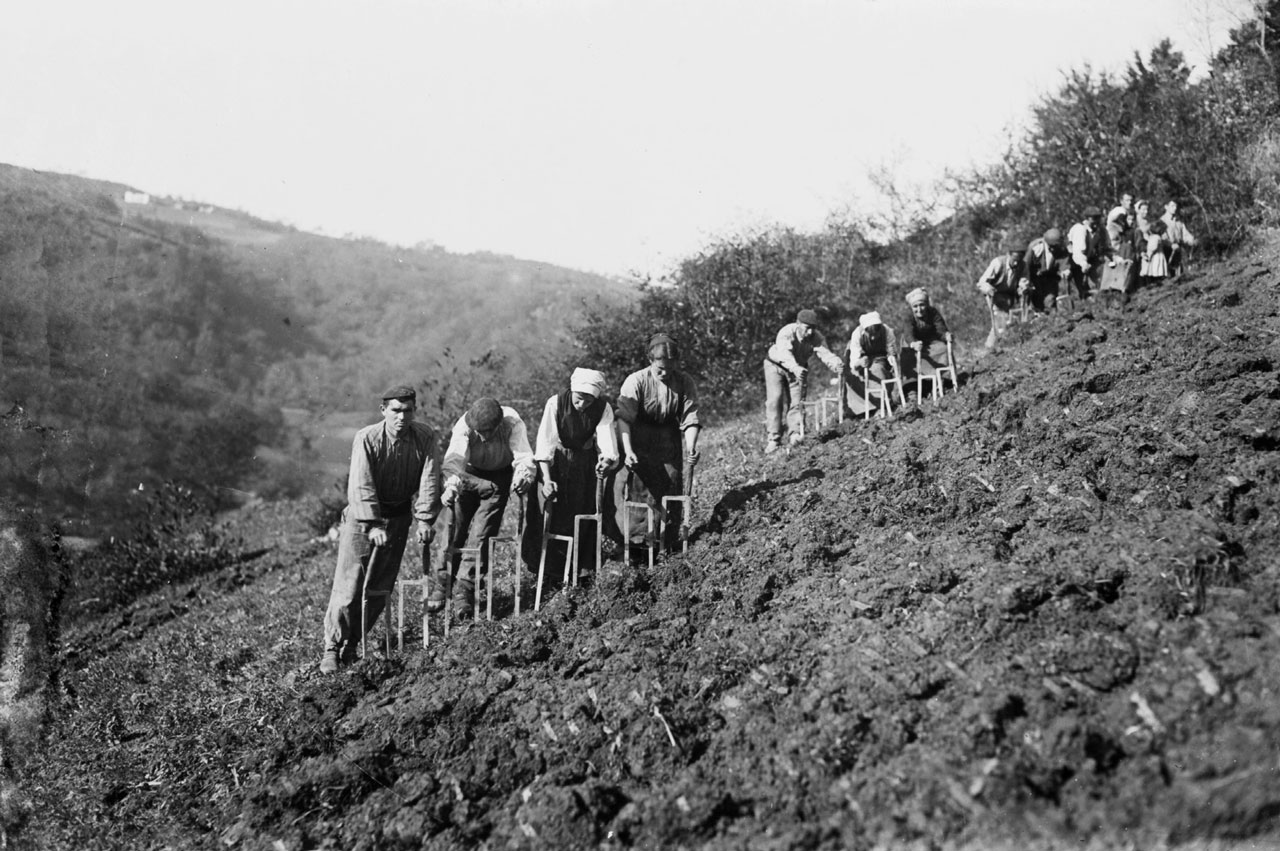Main Page/en
De Atlas Etnográfico de Vasconia
Revisión del 15:00 10 feb 2020 de Admin (discusión | contribuciones)
Heir of the family. Zeanuri (B), c. 1920. Source: Labayru Fundazioa Photograhic Archive: Felipe Manterola Collection.
House and Family in the Basque Country


House and Family in the Basque Country
The widespread practice in the territories under charter law was for one of the children, either male or female, to continue with the family tradition of keeping up the farmstead and its belongings.
Family Diet in the Basque Country


Family Diet in the Basque Country
Donde no hay ni pan ni pollos, el horno no está para bollos. If there’s no bread or chicken, you shouldn’t bake rolls.
Children riding scooters and tricycles at Florida Park. Source: Municipal Archive of Vitoria-Gasteiz: Ceferino Yanguas.
Children’s Games in the Basque Country


Children’s Games in the Basque Country
Humans play games throughout their lives; however, that activity has a clearly different role for children and adults.
Traditional Medicine in the Basque Country


Traditional Medicine in the Basque Country
The widespread belief was that Christmas Eve’s bread, ogi salutadorea, would not go mouldy and would prevent rabies in dogs and other domestic animals.
Rites from Birth to Marriage in the Basque Country


Rites from Birth to Marriage in the Basque Country
The transfer of the chattels was a ritualised act of great importance as it marked the entry of the new spouse in the home, etxe-sartzea.
Funeral Rites in the Basque Country


Funeral Rites in the Basque Country
Oilarrak gauez kukurruku jotzen badu, laster izango da gorpuren bat etxe hartan. A cockerel crowing at sunset, death is looming.
Shepherd from Lanciego (A) on the climb to Toloño, 1996. Source: José Ángel Chasco, Etniker Euskalerria Groups.
Livestock Farming and Shepherding in the Basque Country


Livestock Farming and Shepherding in the Basque Country
The Mediterranean watershed of the Basque Country was, and to a large extent is, characterized by the importance of the commons, the communal character of their exploitation by associations and brotherhoods comprising multiple municipalities still persisting today.
Agriculture in the Basque Country


Agriculture in the Basque Country
Spades, ploughs, rakes, sickles, scythes and threshers were the essential tools for agricultural work.
